Every material has an impact on the environment, but the difference between them can be enormous. We stay away from synthetic fabrics and choose to use only natural sourced materials with a focus on hemp.
Our fabrics
Hemp is one of the strongest and long-lasting natural fibres, made out of the bast of the hemp plant. Hemp’s characteristics as a textile make it a good choice: It is comfortable and breathable, allowing fresh air to circulate and balances the temperate. The fibres warm well in winter and have a cooling effect on the skin in summer. It is antibacterial, thus perfect for hypoallergenic and sensitive skin. And it is also ultraviolet light resistant, helping to protect you from the harmful effects of too much sun.
Furthermore, hemp is a great alternative because it is one of the most sustainable and renewable fabrics: It is fast growing and can be harvested after short periods which leads to an increase of production by 250% in comparison to cotton and 600% more than flax. With its rapid growth potential it also absorbs a lot of carbon dioxide from the atmosphere that helps to counter the effects of global warming.
Hemp requires no chemical pesticides to grow. Moreover, it needs much less water when compared with other natural fibres. And hemp produces high quantities of biomass, which returns to the soil and decomposes, releasing nutrients back into the soil. Its properties are literally a gift from nature that keeps on giving.
Organic cotton is a natural, light and soft fibre, made out of the cotton plant. It is soothing and comfortable to wear and known as a breathable and absorbent fibre. These characteristics made cotton to one of the most used fibres in the world, but it has a huge impact.
Why? Cotton not only requires an enormous amount of water, it also needs strong chemicals and pesticides to grow, which are subsequently released into the environment and pollute ecosystems as well as have harmful effects on farmer’s health. More specifically cotton covers 2.3% of the planet’s total agricultural area, but uses 10 to 20% of all chemical herbicides and pesticides.
Organic cotton is not genetically modified and grown without the use of harmful herbicides and pesticides, to achieve a balance with nature and contribute to a more biologically diverse agriculture. Compared to conventional cotton, the production of organic cotton brings 70% less acidification of land and water, saves 91% of water, the potential for soil erosion drops by 26%, has a 62% lower energy demand and it is 46% less harmful in terms of global warming.

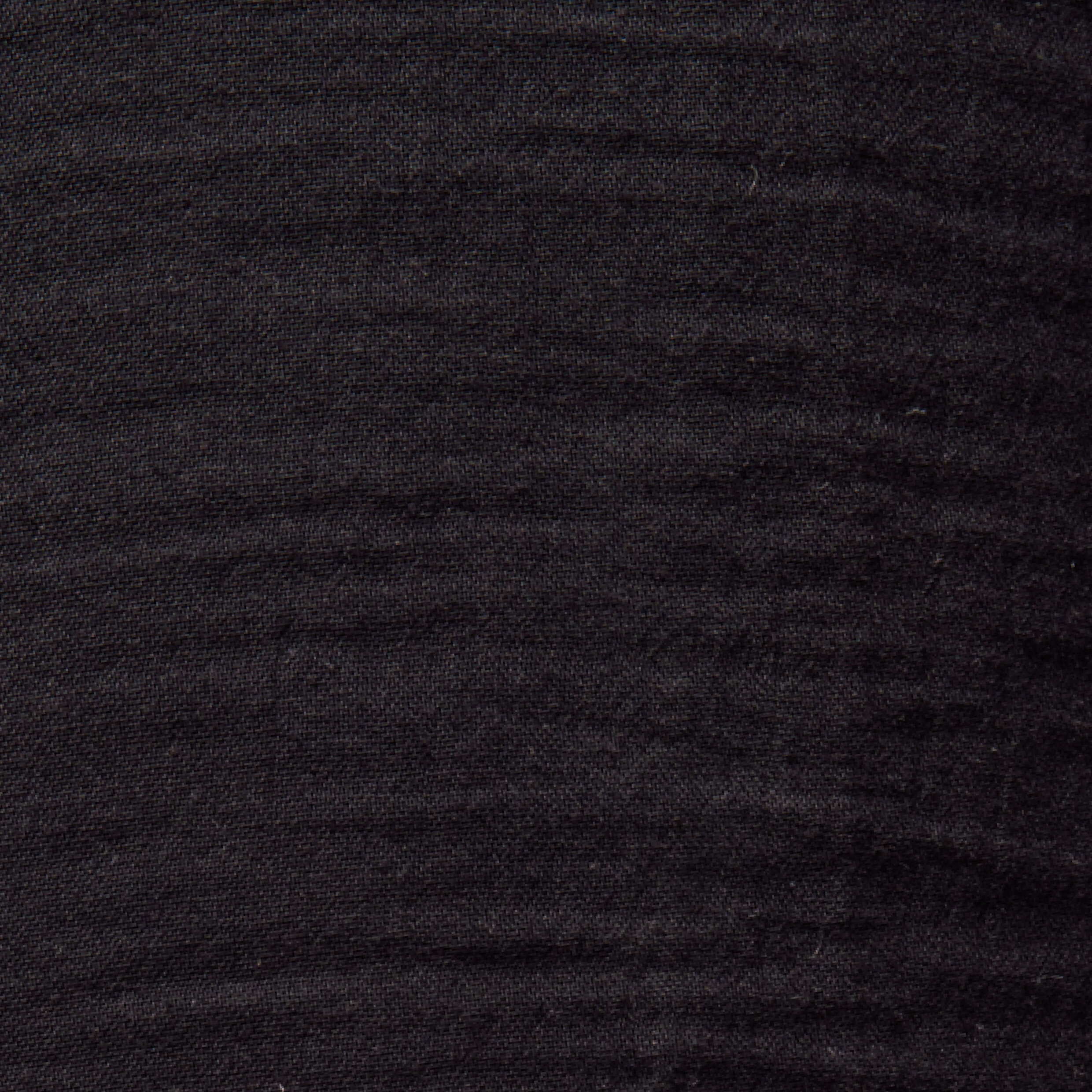
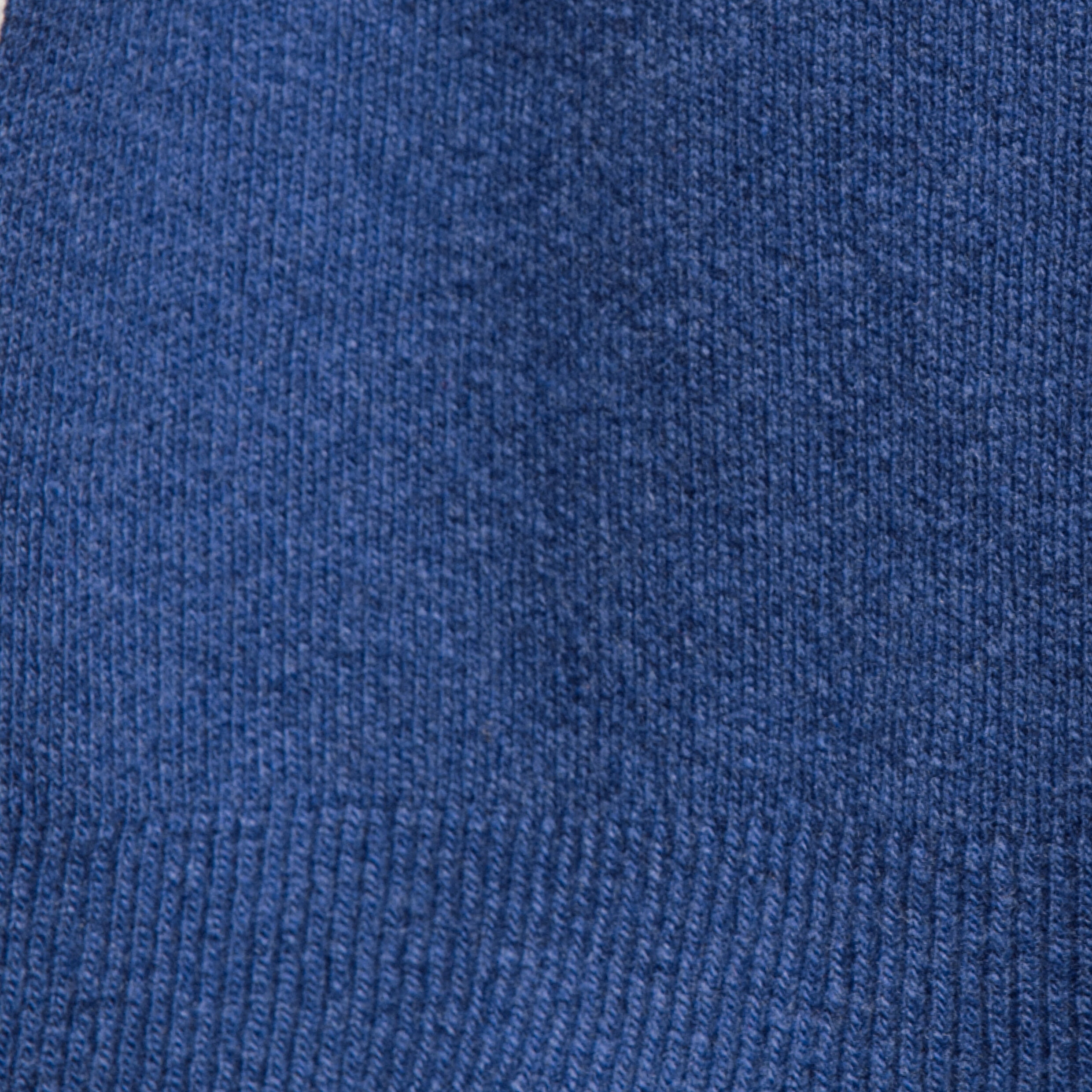


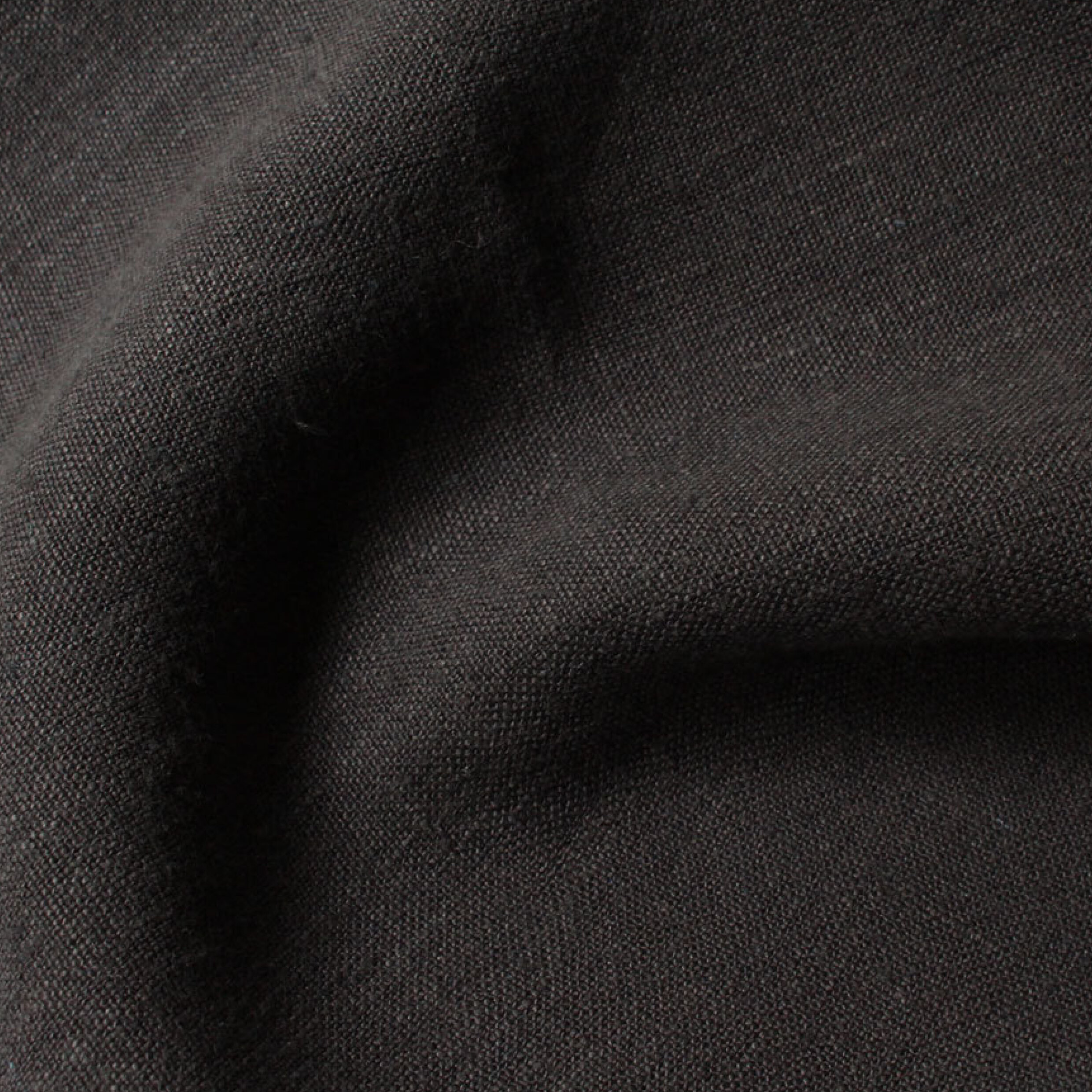
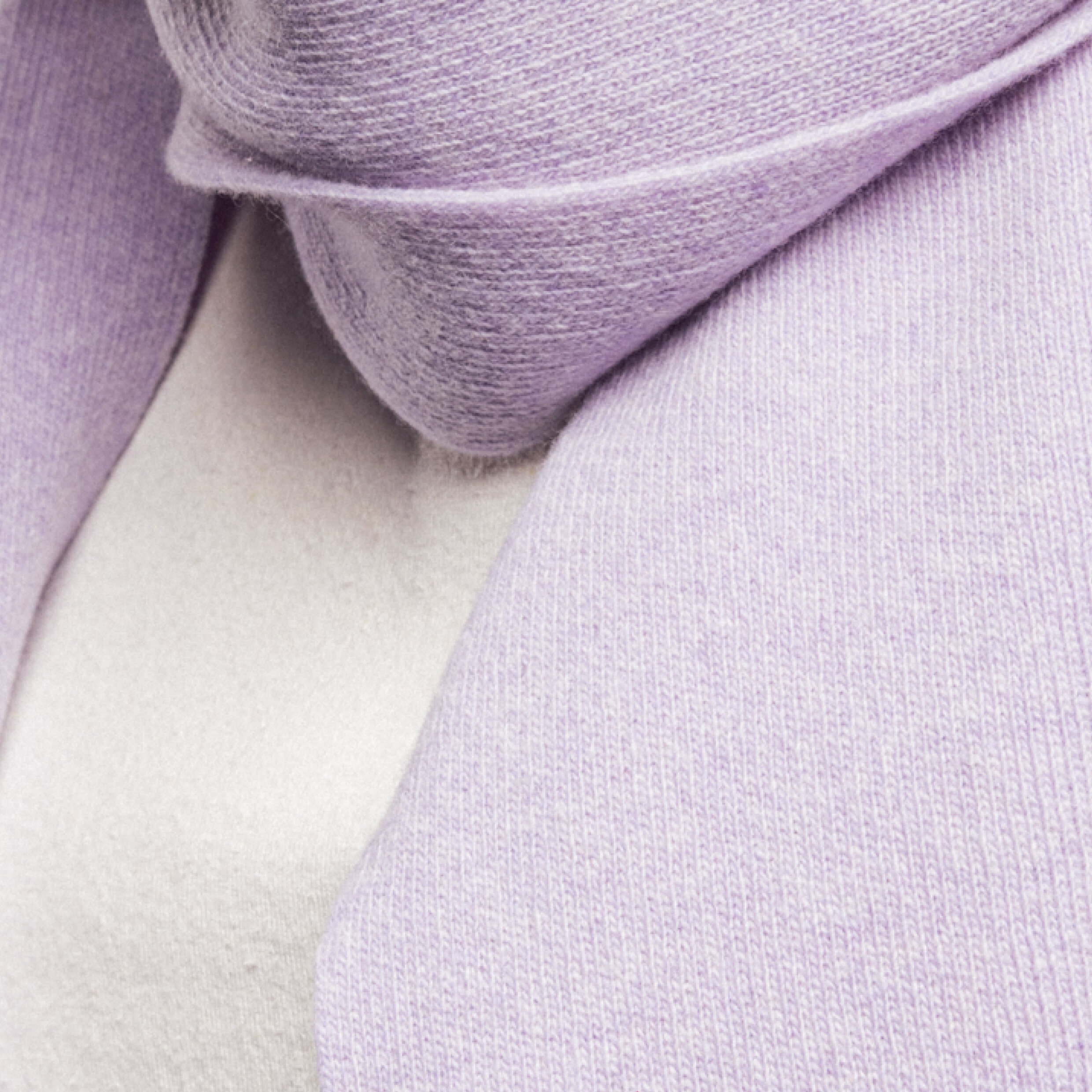



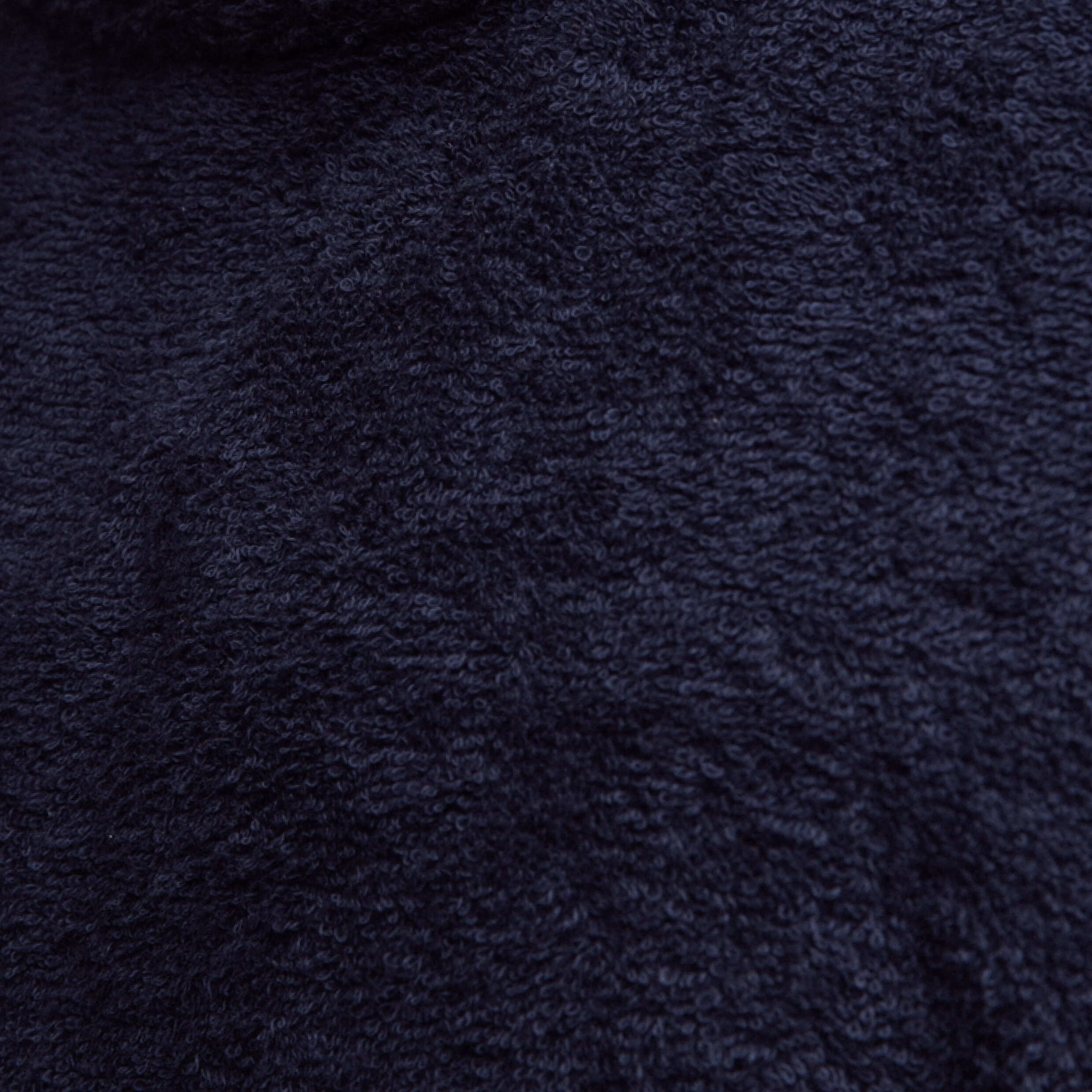


Merino wool is a type of wool gathered from the fur of Merino sheep. The natural fibre is lighter, much finer and softer in touch than any other sheep fibres. Because the fibres are so soft, they bend when they come into contact with the skin without creating an unpleasant sensation. It is pretty darn perfect for every adventure regardless of season, because it naturally helps regulate body temperature. Additionally, it has a high resistance to stains and generally is very durable. Merino wool is unique in that it has antimicrobial properties and it absorbs odor caused by bacteria.
Moreover, the Merino fibre is environmentally friendly and biodegradable. It will naturally decompose in soil when it is disposed and will slowly release valuable nutrients back into the earth.
Find out more


